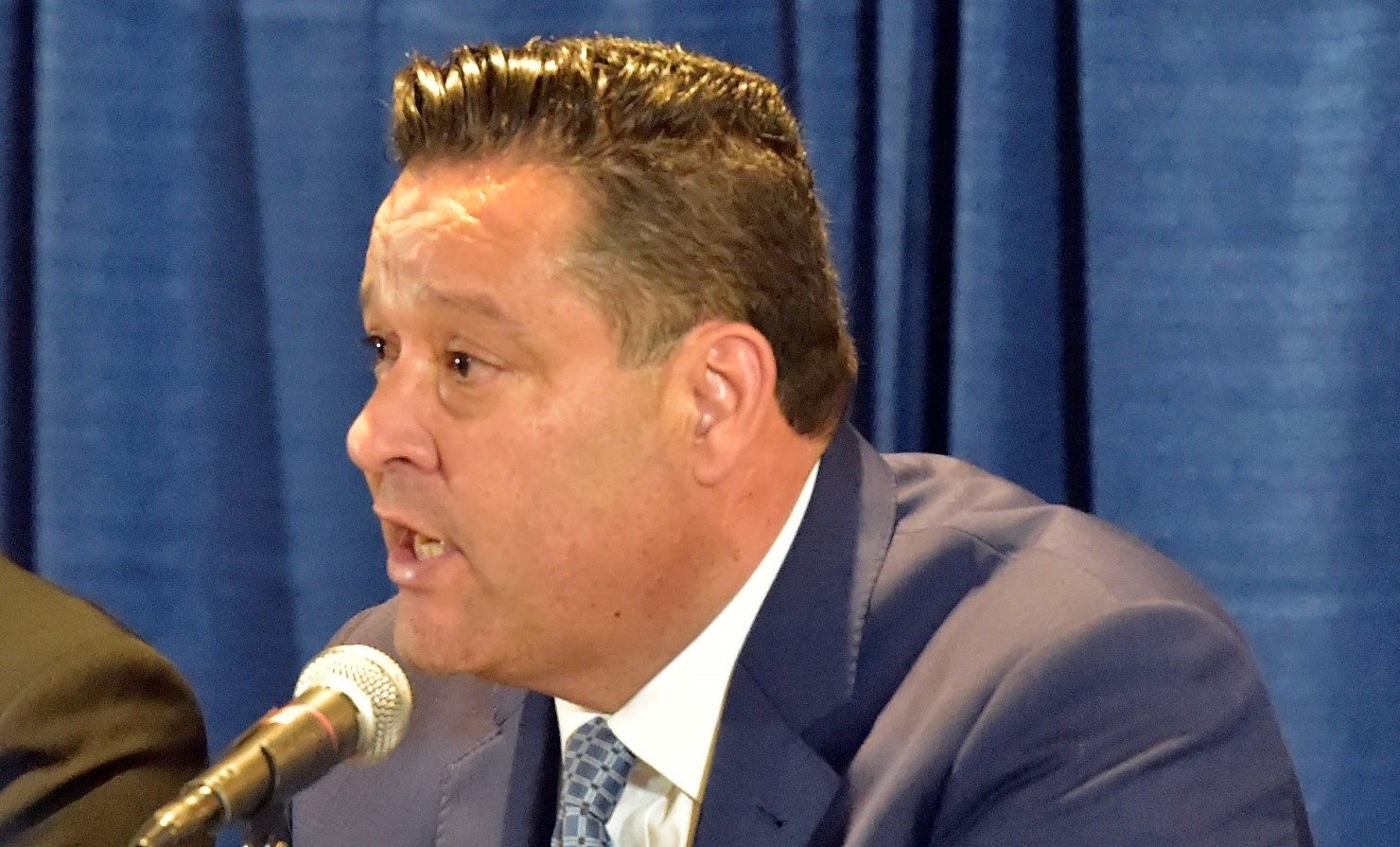
By Angela Copeland
Has your work changed as a result of the pandemic? If you have a corporate desk job, the answer may very well be no. While where you do your work has changed, the nature of your work has not. You are still focused on the same projects. You’re meeting with the same people. Work is moving ahead.
But doesn’t that seem strange? Isn’t it odd that work is moving forward, despite the current situation? Many people haven’t seen their coworkers in person since mid-March.
With that in mind, what would change if we all went back to the office tomorrow? We’d pack a bag with our laptop. We would put on more formal clothing. We would spend a lot of time in traffic. Then, we would sit in our tiny offices on Zoom calls with our same colleagues.
What have we all been doing? In some cases, people have in person meetings. But it is increasingly common to communicate via video meetings, phone, and email.
Think back to your pre-pandemic work life. If you were to group your day into categories, how much was truly spent in person with your coworkers? For many people, it was very little.
Are we driving to work to sit by ourselves and to send email to each other? Are we sitting in a cubicle so that we can video chat with our colleagues from across the building?
Don’t get me wrong. There are advantages to in person work. For example, you may have a tiny apartment. Or, you might have children at home. In cases like these, an office can be very helpful.
But office buildings are very expensive. They’re expensive to build, and to maintain. Does your office building have one of those ping pong rooms? They’re created to get us talking to each other. I’ve seen many of those rooms, but I’ve never seen anyone actually play ping pong at work.
This pandemic is truly the worst. It’s painful on many levels every day. But it is making us question why we’ve been doing things the way we are.
Why commute thirty minutes or an hour each way just to sit at a desk to email the person in the next office? We can all do that from anywhere.
Getting back to work would offer many perks on the mental health front. But would those perks be as important if everyday activities were open? For example, if you could do your normal personal social activities, would it matter whether or not you went to an office?
If we let go of the office, what else would happen? Would our quality of life change? Would we spend less time commuting? What if we could move out of the crowded city to a home that was more suited for us? What if we had a little more time each day for our loved ones?
Should we commute for Zoom meetings?
Angela Copeland, a career expert and founder of Copeland Coaching, can be reached at copelandcoaching.com.






